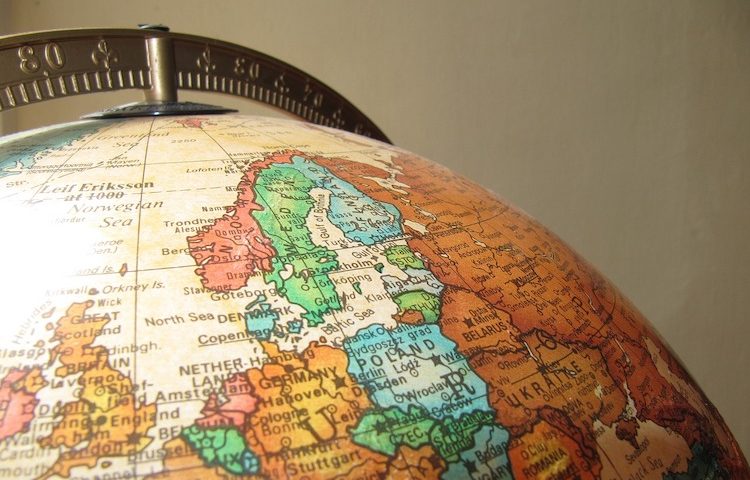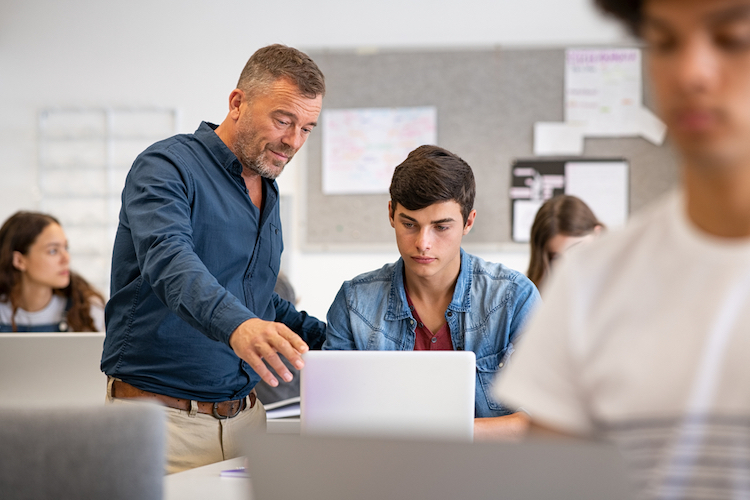Learning through Travel: Broadening Your Horizons

College Supplementals: Do’s and Don’ts
July 19, 2024
Unlocking Academic Excellence: The Power of Quality Sleep
August 11, 2024Travel has long been associated with leisure and exploring new places. However, it also provides a wonderful opportunity to broaden perspectives, step out of comfort zones, and ignite new passions. Beyond the relaxation it offers, travel presents invaluable lessons in learning, especially in education and test prep. This blog will explore how traveling can offer new ways of learning and preparation for testing.
Language Acquisition
Travelers often consider language as one of the main factors when visiting a new place. What language do they speak in the country? Is there a different dialect in the region compared to the rest of the country? Traveling to a foreign country forces learners to confront the language they are trying to grasp. Outside the confines of a classroom, students are put in real-life situations where they can enhance their listening, speaking, and comprehension skills. Whether reading a menu in a restaurant or asking someone for directions, traveling to a different country will provide students with the perfect opportunity to learn their language of choice.
Cultural Immersion
Students traveling abroad benefit greatly from cultural immersion. Immersion in a different country fosters a deeper appreciation and understanding of its history, language, and culture. After spending time in a foreign country, the student may find that their approach to different topics has changed. Their worldview undergoes a permanent shift, fostering a more global approach to problem-solving. Students preparing for tests in history, geography, or cultural studies would greatly benefit from traveling.
Environmental Education
Getting to know the environment of the country you visit provides many benefits. Appreciating nature, its surroundings, and the fragility of ecosystems gives students a sense of responsibility for the planet. Learning about all the plants and animals in the region also provides valuable insight for science and biology classes. Students can observe species in their natural habitats and maybe even come across an animal they have never seen before. This hands-on approach fosters a deeper appreciation for the environment and encourages sustainable tourism practices that benefit the communities.
Critical Thinking and Problem Solving
Navigating an unfamiliar location requires individuals to use critical thinking and problem-solving skills for safety. The student is in an unfamiliar environment, and everything is unrecognizable. There may be an instance where the student’s phone dies, and there is nowhere to charge it. The student may need to decipher a map written in a foreign language, find lodging in a city they have never been to, or even overcome the language barrier and ask for directions. These real-world challenges cultivate resourcefulness, adaptability, and resilience which are valuable skills when it comes to education. Many standardized tests assess critical thinking and problem-solving skills. Therefore, travel experiences can greatly benefit students.
Culinary Exploration
Every region of the world has its cuisine and the only way to get the freshest and most original version is to visit the home country. You will be exposed to new flavors and new cooking techniques that you would not find in your home country. Food holds significant cultural importance and often serves as a cornerstone of society. Understanding the process of food preparation and the reasons behind taste variations in different regions can help students prepare for exams. The most obvious is in a culinary class, but it can also be useful for preparing students for sociology courses. Food is such an important layer in a country’s self-identification and the student can learn so much from the cuisine.
The Learning Never Stops
Living in the United States can sometimes feel like being in a bubble, but there’s a vast world out there waiting to be explored. By traveling around the world, you will gain lessons in language, culture, environment, critical thinking, and cuisine. Learning extends beyond the classroom, and certain lessons cannot be contained within four walls. Even after graduating, there is always something to learn. In the words of Albert Einstein, “Once you stop learning, you start dying.” Continue to push yourself, and you will be surprised at how much there is to learn. In addition to what was discussed in this blog, consider reviewing other resources for study help and test tips at Test Prep Score.


